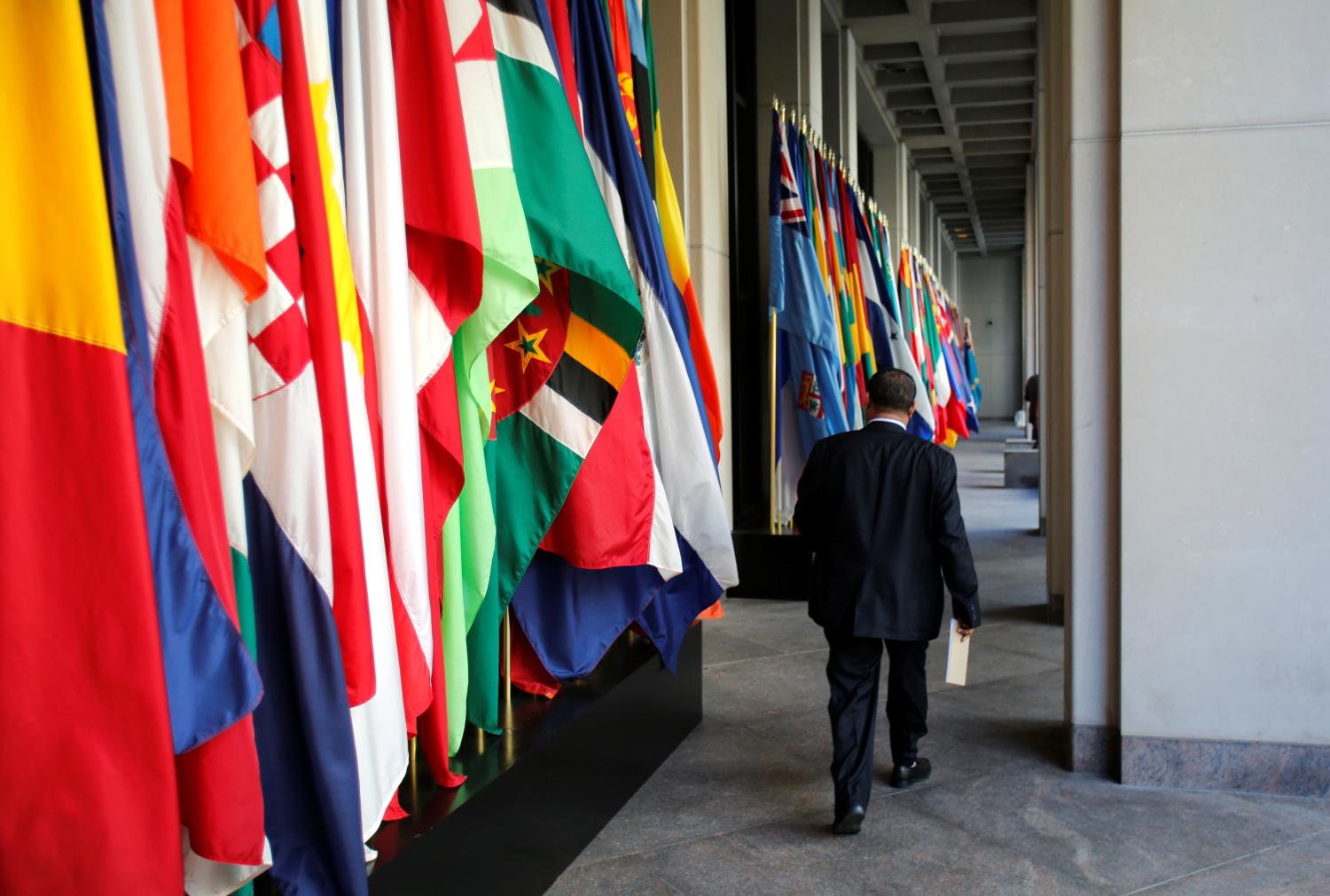ABSTRACT
It is widely believed that cost-sharing—charging a subsidized, positive price—for a health product is necessary to avoid wasting resources on those who will not use or do not need the product. We explore this argument in the context of a field experiment in Kenya, in which we randomized the price at which pregnant women could buy long lasting anti-malarial insecticide-treated nets (ITNs) at prenatal clinics. We find no evidence that cost-sharing reduces wastage on those that will not use the product: women who received free ITNs are not less likely to use them than those who paid subsidized positive prices. We also find no evidence that cost-sharing induces selection of women who need the net more: those who pay higher prices appear no sicker than the prenatal clients in the control group in terms of measured anemia (an important indicator of malaria). Cost-sharing does, however, considerably dampen demand. We find that uptake drops by 75 percent when the price of ITNs increases from 0 to $0.75, the price at which ITNs are currently sold to pregnant women in Kenya. We combine our estimates in a cost-effectiveness analysis of ITN prices on infant mortality that incorporates both private and social returns to ITN usage. Overall, given the large positive externality associated with widespread usage of insecticide-treated nets, our results suggest that free distribution to pregnant women is both more effective and more cost-effective than cost-sharing.
The Brookings Institution is committed to quality, independence, and impact.
We are supported by a diverse array of funders. In line with our values and policies, each Brookings publication represents the sole views of its author(s).




